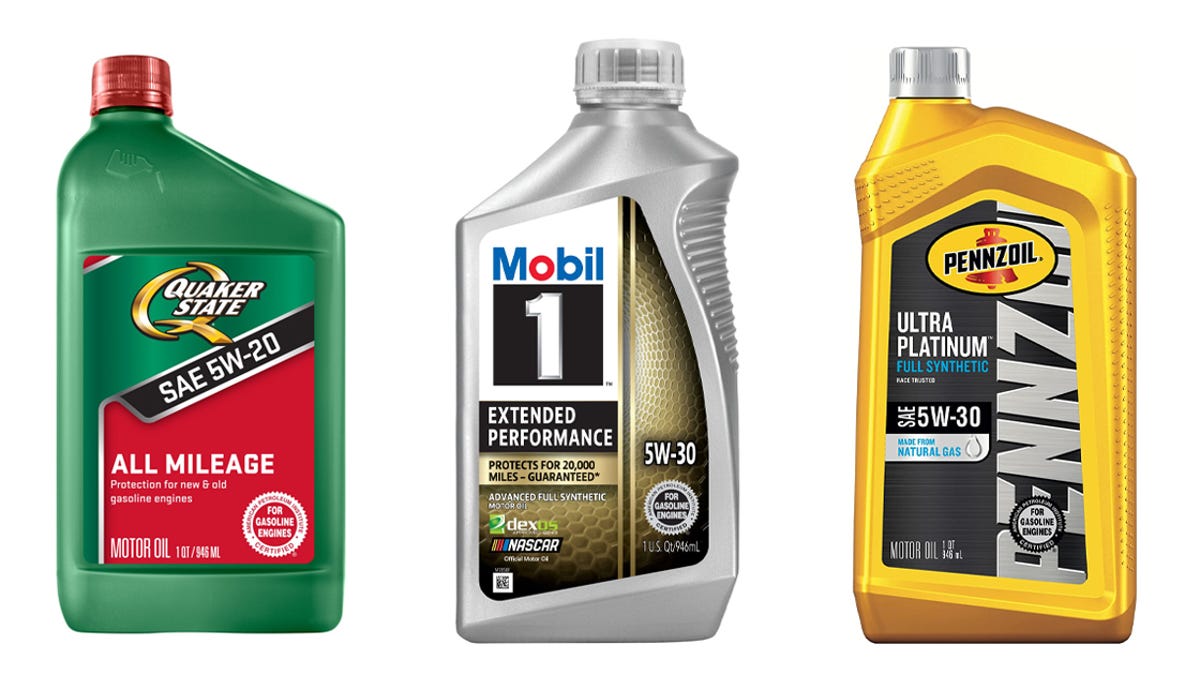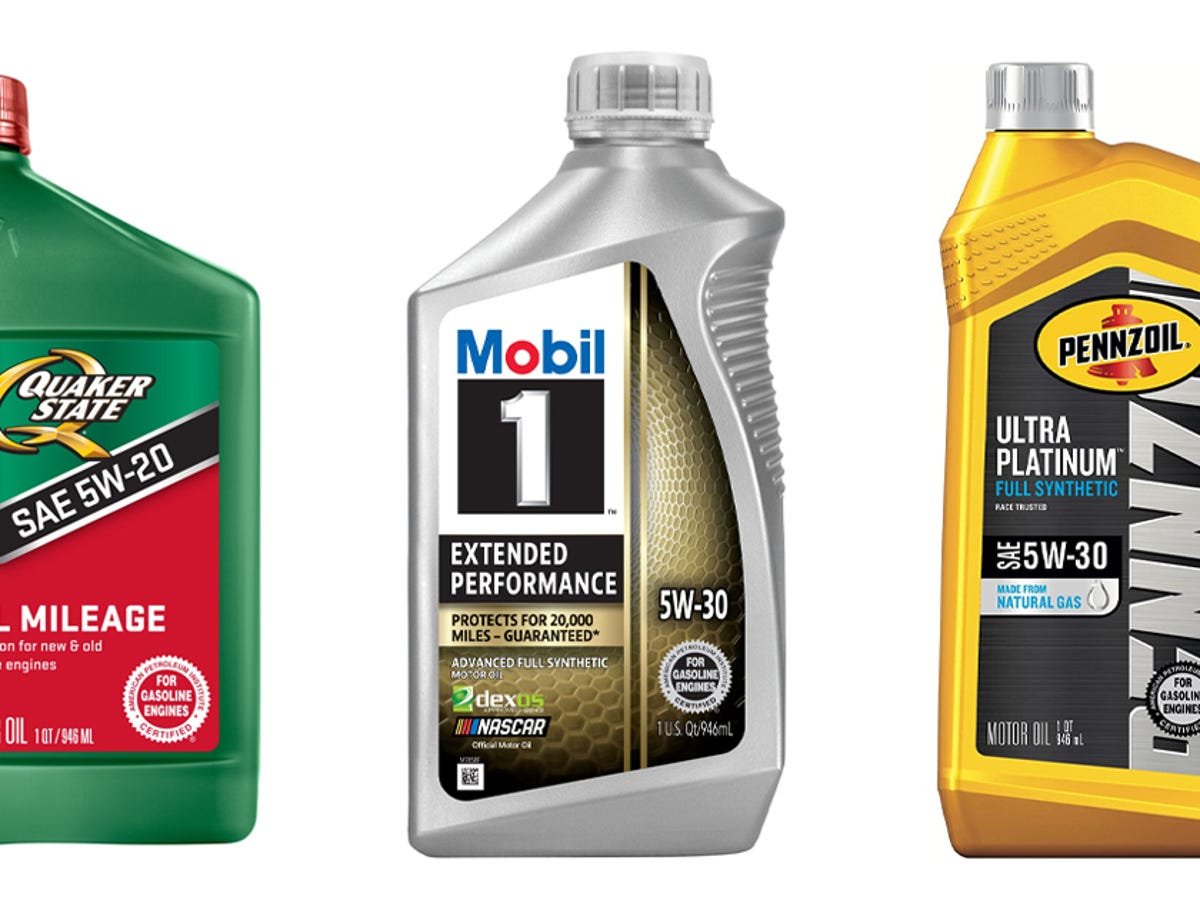The most expensive engine oil is synthetic motor oil, which is typically more expensive than conventional oil. Synthetic motor oil may not be necessary for older or less high-performance vehicles, where conventional oil will suffice.
However, for those who prioritize performance and durability, investing in synthetic motor oil can provide added benefits. Therefore, it’s important for budget-conscious drivers to consider their vehicle’s requirements and personal preferences when choosing the right engine oil. Synthetic motor oil offers enhanced protection, improved fuel efficiency, and extended oil change intervals, making it a worthwhile option for certain vehicles.
Factors Affecting Engine Oil Cost
When it comes to engine oil, the cost can vary significantly depending on various factors. Understanding these factors can help you make an informed decision when choosing the right engine oil for your vehicle. In this section, we will discuss the main factors that affect engine oil cost.
Type Of Engine Oil
The type of engine oil you choose plays a significant role in determining its cost. Generally, synthetic motor oil tends to be more expensive than conventional oil. Synthetic oil is known for offering better performance and protection, especially in high-performance and newer vehicles. On the other hand, conventional oil may suffice for older or less high-performance vehicles. It’s important to consider your vehicle’s specific requirements and consult your manufacturer’s recommendations before deciding on the type of engine oil.
Quality And Purity
The quality and purity of engine oil also contribute to its cost. High-quality engine oils are often formulated with advanced additives and base oils that provide better lubrication, engine protection, and fuel efficiency. These oils undergo rigorous testing and meet strict industry standards. On the other hand, cheaper engine oils may contain lower-quality additives and base oils, which can potentially affect engine performance and longevity. Investing in a high-quality engine oil may be more expensive upfront, but it can help prolong the life of your engine and prevent costly repairs in the long run.
Vehicle Compatibility
Another factor that affects engine oil cost is the compatibility with your vehicle. Different vehicles have varying engine requirements, including viscosity ratings and oil specifications. Some vehicles may require specialized engine oils that meet particular performance standards. These specialty oils are often formulated with specific additives to cater to the unique demands of certain engines. As a result, they tend to be more expensive compared to generic engine oils. It’s crucial to consult your vehicle’s manual to identify the recommended engine oil specifications and choose a product that meets those requirements.
Top Recommendations For Expensive Engine Oils
Looking for the crème de la crème in engine oils? The following brands offer top-tier products that come with a price tag to match. Let’s explore the most expensive engine oils that are worth every penny.
Brand 1: Most Expensive Engine Oil
Brand 1 takes the crown for being the epitome of luxury when it comes to engine oils. With unmatched quality and performance, this oil is tailored for those who demand nothing but the best for their vehicles.
Brand 2: High-quality Engine Oil
Brand 2 is synonymous with high-quality engine oils that cater to the discerning automobile enthusiasts. This brand’s dedication to excellence ensures optimal engine performance and protection.
Brand 3: Premium Synthetic Oil
Brand 3 sets the benchmark for premium synthetic oils in the market. Engineered with the latest technology, this oil delivers superior lubrication and durability, making it a top choice for high-performance engines.
Performance Benefits Of Expensive Engine Oil
When it comes to maintaining the health of your vehicle, investing in high-quality engine oil can make a significant difference. Expensive engine oils, although they may come with a higher price tag, offer a range of performance benefits that can ultimately save you money in the long run.
Enhanced Engine Protection
- Provides superior lubrication to engine components
- Reduces wear and tear on engine parts
- Helps to prevent overheating and corrosion
Improved Fuel Efficiency
- Reduces friction within the engine, leading to better fuel economy
- Enhances engine performance for smoother operation
- Optimizes fuel combustion for increased efficiency
Extended Engine Lifespan
- Prolongs the longevity of engine components
- Minimizes the risk of engine breakdowns and repairs
- Ensures consistent and reliable engine performance over time

Credit: www.cnet.com
User Experiences And Reviews
Impact On High-performance Vehicles
High-performance vehicles require top-of-the-line engine oil to function efficiently.
- Expensive engine oils are often recommended due to their superior quality and performance benefits.
- Users of high-performance vehicles have reported smoother engine operation and increased durability with premium oils.
Customer Satisfaction And Feedback
Customer reviews play a crucial role in determining the value of expensive engine oils.
- Many users have expressed high satisfaction with the performance and longevity of premium engine oils.
- Positive feedback often highlights improved engine power, smoother acceleration, and reduced wear and tear.
Comparative Analysis
When considering the cost of engine oil, it’s important to weigh the benefits it offers. While certain types of engine oil come with a higher price tag, they often provide enhanced performance and protection for your vehicle’s engine. It’s essential to evaluate the long-term benefits and potential savings that higher-priced oil can offer in terms of engine longevity and maintenance. The cost should be viewed as an investment in your vehicle’s overall performance and durability.
Market competition plays a crucial role in determining the pricing of engine oil. With various brands and types of engine oil available, the competition can drive up prices for premium or synthetic oils. Additionally, factors such as research and development costs, quality control measures, and proprietary additive technologies contribute to the higher prices of certain engine oil products. Understanding the competitive landscape can help in making an informed decision when selecting engine oil for your vehicle.
Economic And Environmental Impact
The selection of engine oil affects both the economic standing and environmental footprint of vehicle operation. The choice between conventional and synthetic engine oil significantly determines the sustainability factors, as well as the long-term cost associated with its use.
Sustainability Factors
The production and usage of engine oil can impact the environment.##check## Synthetic oil, known for its longevity and enhanced lubrication properties, needs less frequent replacement compared to conventional oil. This results in reduced ##check## amounts of used oil that require disposal, positively contributing to environmental sustainability. Additionally, some synthetic oils are formulated from renewable resources, further reducing the carbon footprint associated with their production.
Long-term Cost Analysis
- ##check## Synthetic oil may have a higher initial cost, but its extended life span can result in lower long-term expenses, making it a cost-effective option for vehicle maintenance.
- ##check## Conventional oil, while initially cheaper, often requires more frequent changes, leading to higher overall costs and increased waste generation.
Final Verdict
After discussing the various factors to consider when choosing engine oil, it’s time for us to reach a final verdict. When it comes to the most expensive engine oil, synthetic motor oil takes the crown. While synthetic oil may be pricier than conventional oil, it offers numerous advantages that make it worth the investment.
Choosing The Right Engine Oil
In order to choose the right engine oil for your vehicle, it’s important to consider several factors such as the age and performance level of your car. If you’re driving an older or less high-performance vehicle, conventional oil may be sufficient. However, if you’re driving a modern high-performance car or want to enhance the overall performance and longevity of your engine, synthetic oil is highly recommended.
Balancing Cost And Performance
When it comes to engine oil, it’s crucial to strike a balance between cost and performance. While synthetic oil may be more expensive, it offers superior protection compared to conventional oil. Synthetic oil provides better lubrication, minimizes engine wear, improves fuel efficiency, and performs well under extreme temperatures. These benefits can help extend the life of your engine and reduce the frequency of oil changes, ultimately saving you money in the long run.
When choosing engine oil, it’s important to look beyond the price tag and consider the value it provides. While synthetic oil may have a higher upfront cost, the benefits it offers in terms of engine protection and performance make it a worthwhile investment.
- Consider the age and performance level of your vehicle.
- Assess your driving habits and usage of the vehicle.
- Evaluate the climate conditions in which you’ll be driving.
- Research and compare different oil brands and their specifications.
- Consult your vehicle’s manufacturer guidelines and recommendations.
- Better engine protection and lubrication.
- Reduced engine wear and improved performance.
- Enhanced fuel efficiency and potential savings in the long run.
- Excellent performance under extreme temperatures.
- Extended oil change intervals and less frequent maintenance.
By carefully considering these factors and weighing the benefits of synthetic oil, you can make an informed decision to choose the most suitable and cost-effective engine oil for your vehicle.

Credit: www.cnet.com

Credit: www.amazon.com
Frequently Asked Questions On What Is The Most Expensive Engine Oil?
Which Engine Oil Is More Expensive?
Synthetic motor oil is more expensive than conventional oil, but it may not be necessary for older or less high-performance vehicles.
What Is The Most Expensive Type Of Oil?
The most expensive type of oil is synthetic motor oil, which is typically pricier than conventional oil. It is not always necessary for older or less high-performance vehicles.
What Is The Highest Quality Motor Oil?
The highest quality motor oil is synthetic oil, known for superior performance and engine protection. It offers excellent lubrication and resists breakdown at high temperatures, but it may be more expensive than conventional oil. Choosing synthetic oil is beneficial for high-performance or newer vehicles.
What Oil Is More Expensive For Car?
The most expensive oil for cars is synthetic oil, often pricier than conventional oil but not always necessary.
Conclusion
To wrap it up, when it comes to engine oil, the most expensive option is usually synthetic oil. While it may be costlier than conventional oil, it can provide greater performance and protection, especially for high-performance or newer vehicles. However, if you’re driving an older or less demanding vehicle, conventional oil may suffice.
Ultimately, it’s important to consider your vehicle’s needs and your budget when choosing the right engine oil.

